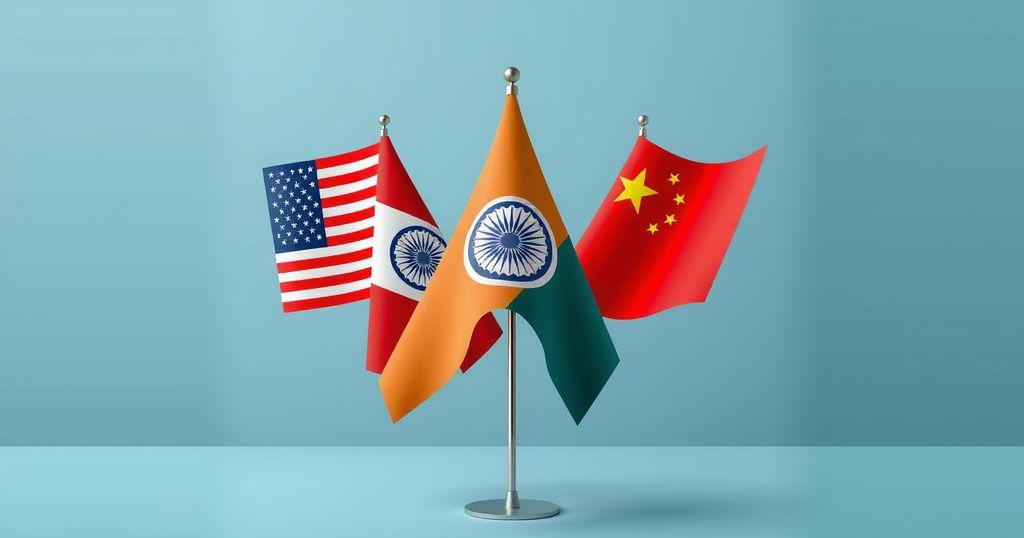- U.S. Senate sanctions bill introduces a 500% tariff on India and China.
- Senator Blumenthal advocates for strong penalties against nations buying Russian oil.
- India’s trade agreements may be jeopardized by new congressional sanctions.
- India’s External Affairs Minister engages with U.S. senators to discuss energy security.
- Significant Senate support exists, but doubts linger in the House of Representatives.
Senator Speaks on International Relations and Sanctions
Senate Sanctions Bill Targets Asian Nations Over Russian Oil A new sanctions bill in the U.S. Senate is causing ripples, specifically targeting countries such as India and China for their purchases of Russian oil. This bill, which introduces a staggering tariff of 500%, comes into play as negotiations for a significant trade agreement between India and the United States unfold. Senator Richard Blumenthal, a key supporter of this proposed legislation, has voiced concerns about the implications of such sanctions during a recent meeting in Rome with European leaders. He highlighted the need for countries to refrain from purchasing Russian energy products and acknowledged the gravity of this situation given Russia’s ongoing conflict in Ukraine. Blumenthal’s remarks underscored a widespread U.S. criticism of countries engaged in transactions that could inadvertently support Russia’s war efforts.
Concerns About Trade Agreements Amid Rising Tensions
Impact of Proposed Tariffs on U.S.-India Trade Relations Furthermore, the proposed sanctions do raise eyebrows as they could complicate ongoing trade negotiations between India and the U.S. Blumenthal has teamed up with Republican Senator Lindsey Graham, and together they are advocating for this bill to proceed. Their goal is to inflict economic penalties aimed squarely at nations that are continuing to buy Russian energy. The sentiment from India’s side is cautious; experts like Prerna Bountra from the Ananta Aspen Centre caution that a trade deal could be threatened by such Congressional actions. Reports indicate that this sanctions bill may have considerable support in the Senate but seems to face tougher resistance in the House of Representatives. The number of co-sponsors in the House is significantly lower, posing additional questions about the bill’s future in Congress.
Diplomatic Efforts Continue Amid Legislative Uncertainty
Bilateral Negotiations and Possible Waivers Moreover, it’s worth noting that President Trump may have the power to waive parts of this bill under specific circumstances. This may allow some flexibility for countries like India for a limited period, but it does not completely remove the risk of punitive measures. Furthermore, India’s External Affairs Minister S. Jaishankar has made it clear that diplomatic efforts are ongoing, with the Indian Embassy in Washington reaching out to voices within the Senate. Such moves reflect India’s serious concern about maintaining energy security amidst these evolving geopolitical tensions. The diplomatic tug-of-war will likely continue, with India trying to persuade U.S. lawmakers to consider the potential ramifications these sanctions may have on trade relations and regional stability.
To summarize, the proposed sanctions bill in the U.S. Senate targets countries like India and China for purchasing Russian oil, amid ongoing trade negotiations. Senator Blumenthal’s comments show the urgency of pressing foreign powers to distance themselves from supporting Russia. While the bill has garnered significant support in the Senate, its future in the House of Representatives is uncertain, highlighting the complex interplay between U.S. legislative actions and international diplomatic relations.






